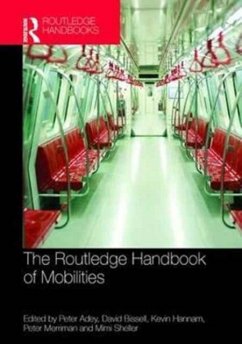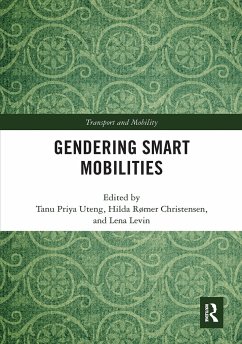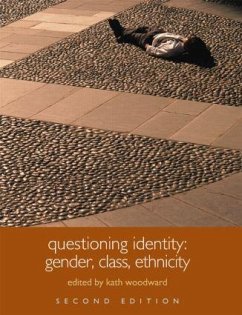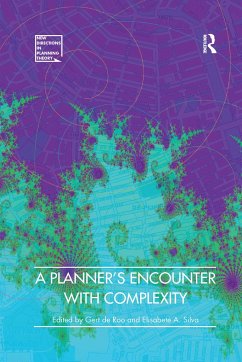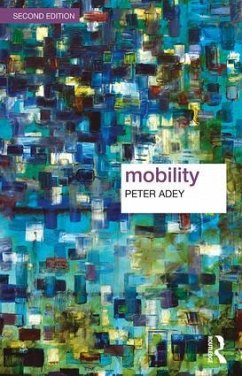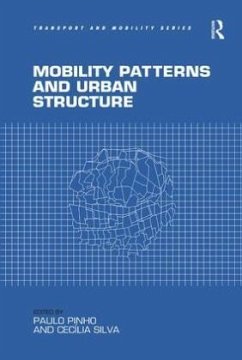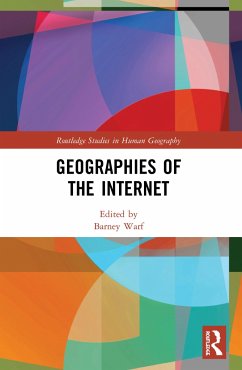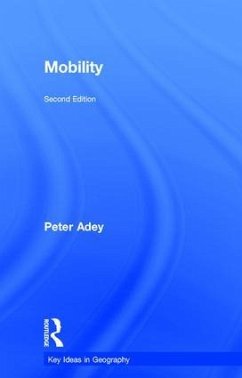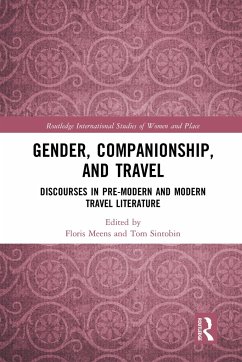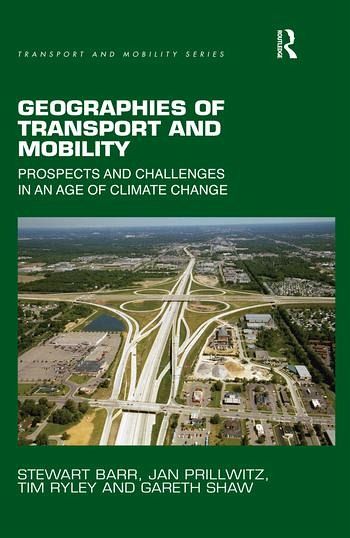
Geographies of Transport and Mobility
Prospects and Challenges in an Age of Climate Change

PAYBACK Punkte
25 °P sammeln!
Geographies of Transport and Mobility aims to provide a comprehensive and evidenced account of the intellectual and pragmatic challenges for personal mobility in the twenty-first century. In doing so, it argues that geographers have a key role to play in shaping academic and policy debates on how personal mobility can become more sustainable.The book is structured in three parts. Part I explores how personal mobility has evolved since the mid-nineteenth century, plotting the intricate relationship between new forms of mobile technology, urban planning and design and social practices. Part II e...
Geographies of Transport and Mobility aims to provide a comprehensive and evidenced account of the intellectual and pragmatic challenges for personal mobility in the twenty-first century. In doing so, it argues that geographers have a key role to play in shaping academic and policy debates on how personal mobility can become more sustainable.
The book is structured in three parts. Part I explores how personal mobility has evolved since the mid-nineteenth century, plotting the intricate relationship between new forms of mobile technology, urban planning and design and social practices. Part II examines how researchers study transport and mobility, and outlines the different intellectual trajectories of transport geography and geographies of mobilities. Part III then outlines and discusses the discourse of sustainable mobility that has emerged in recent years; the ways in which social, economic and environmental sustainability can be promoted through different strategies, focusing on behavioural change and urban design.
Geographies of Transport and Mobility provides a unique perspective on personal mobility by demonstrating how the way we travel has developed through complex economic and social processes. It argues that this historical context is critical for considering how mobility in the twenty-first century can be more sustainable, not just environmentally, but also economically and socially. As such, it argues for a renewed focus on sustainable place making as a way to radically shift mobility practices. Geographies of Transport and Mobility is designed to appeal to advanced level undergraduate students and researchers in the fields of geography, anthropology, psychology, sociology and transport studies.
The book is structured in three parts. Part I explores how personal mobility has evolved since the mid-nineteenth century, plotting the intricate relationship between new forms of mobile technology, urban planning and design and social practices. Part II examines how researchers study transport and mobility, and outlines the different intellectual trajectories of transport geography and geographies of mobilities. Part III then outlines and discusses the discourse of sustainable mobility that has emerged in recent years; the ways in which social, economic and environmental sustainability can be promoted through different strategies, focusing on behavioural change and urban design.
Geographies of Transport and Mobility provides a unique perspective on personal mobility by demonstrating how the way we travel has developed through complex economic and social processes. It argues that this historical context is critical for considering how mobility in the twenty-first century can be more sustainable, not just environmentally, but also economically and socially. As such, it argues for a renewed focus on sustainable place making as a way to radically shift mobility practices. Geographies of Transport and Mobility is designed to appeal to advanced level undergraduate students and researchers in the fields of geography, anthropology, psychology, sociology and transport studies.





